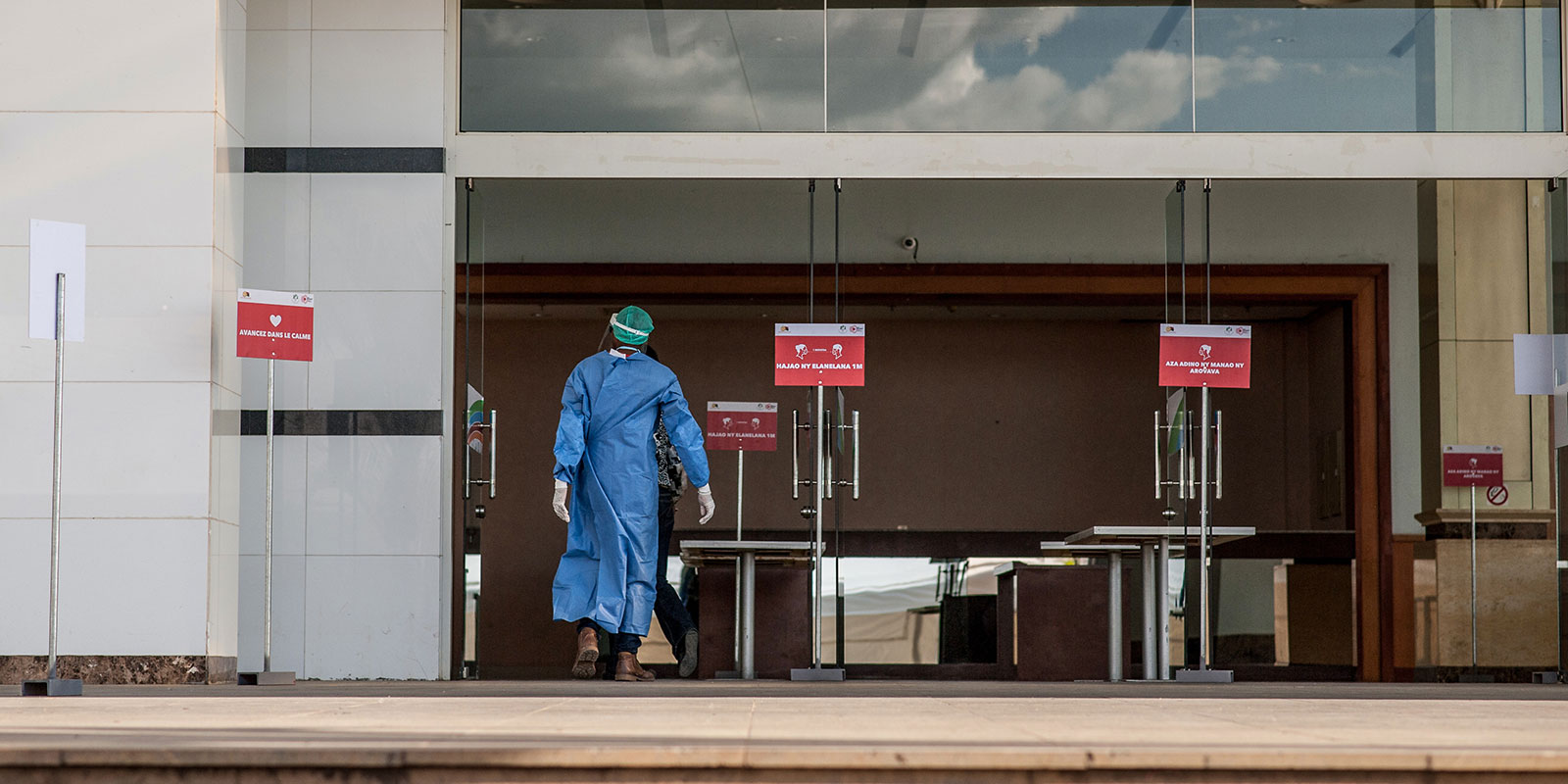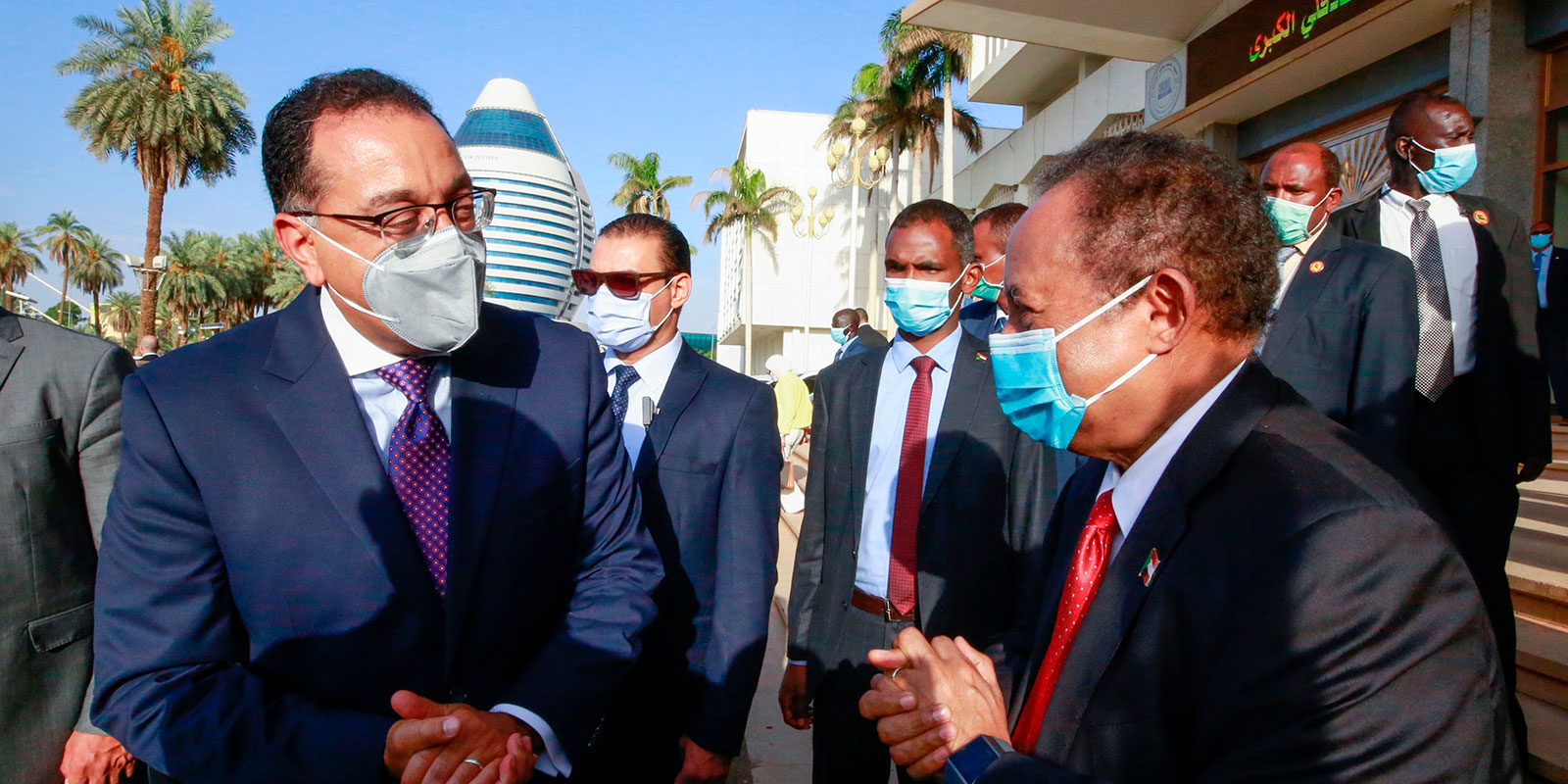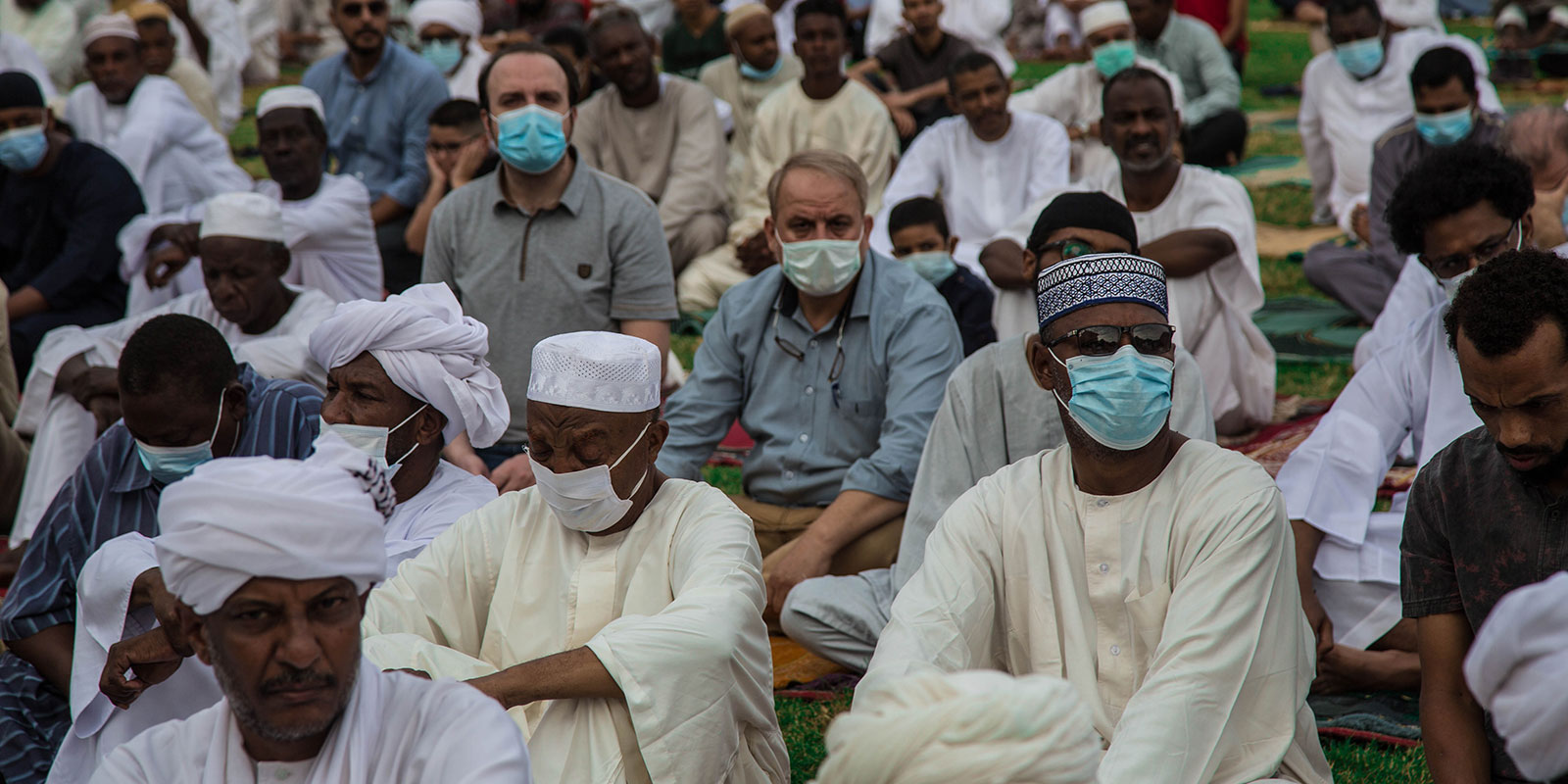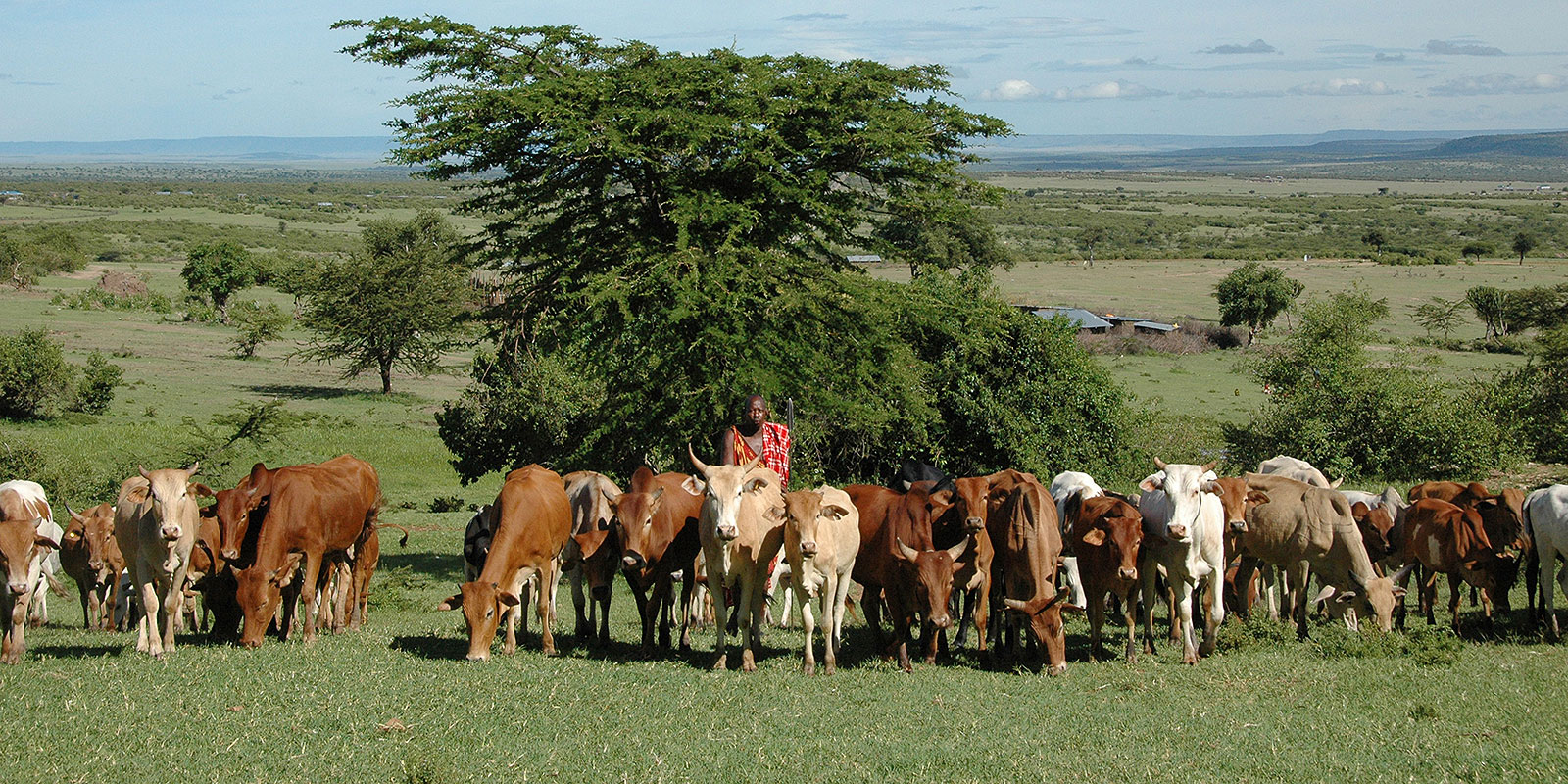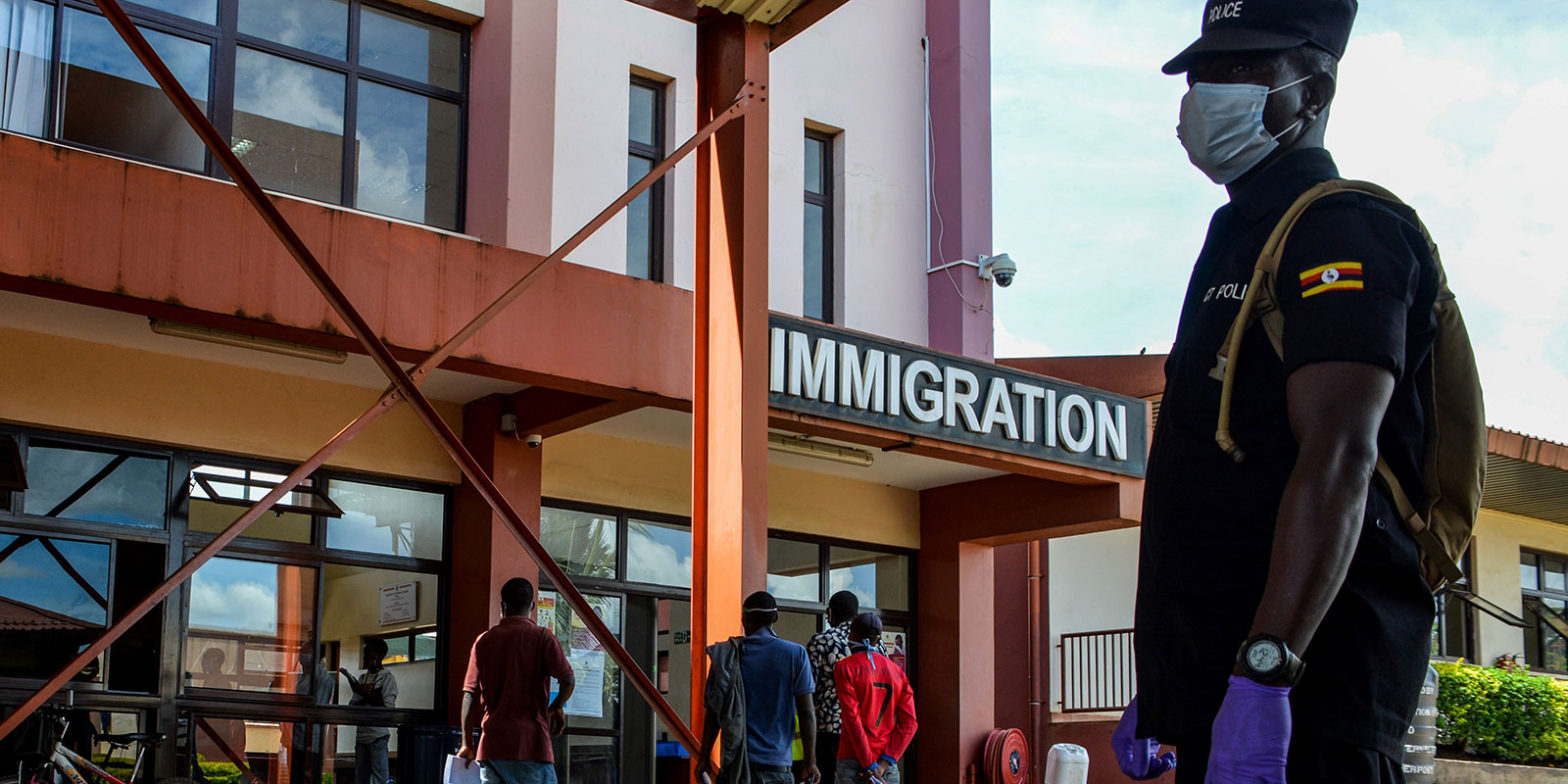Ambassador Said Djinnit, a special advisor to ACCORD, features in this week’s Monitor with his reflections on how COVID-19 has not only disrupted Africa’s peace and security agenda and crucial programmes scheduled for 2020, such as those relating to Silencing the Guns, but has also impacted on the African Union’s (AU) effective responses to complex conflict situations.
Efforts by the Government of Uganda to manage the spread of COVID-19 in the country have involved a multisectoral approach, which has been informed by previous efforts to manage other pandemics such as Ebola. These are discussed by Dr Vinand M. Nantulya.
Salihu Musa Umar calls for targeted approaches and direct engagements with pastoralists and farming communities in Nigeria during this COVID-19 period. This week’s Monitor ends with a piece by Yida Seydou Diall on the extent to which COVID-19 has impacted all sectors of life in Mali, including social, cultural and economic livelihoods, especially among those already vulnerable.

